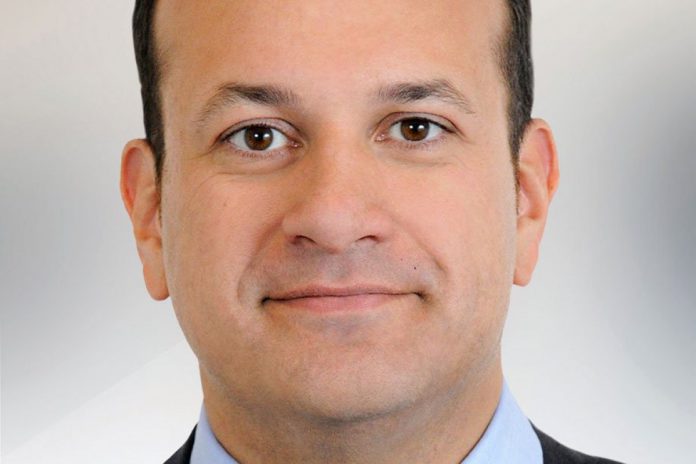With a “number of factors at play” in the market, there is “no sign” of rising fertiliser costs easing in the short to medium-term.
That is what An Tánaiste, Leo Varadkar, told Independent TD, Michael Collins, during Leaders’ Questions in Dáil Éireann on Thursday, February 3rd, 2022.
During the exchange, Varadkar listed the factors influencing rising fertiliser costs and availability.
He said the energy prices would remain “well above” January 2021 levels. Secondly, he added that increased global demand continues, particularly from large grain-producing countries.
Furthermore, he highlighted that increased transport costs and EU-imposed tariffs on duties on certain third-country imports also add to prices.
He outlined that from February 2nd, Russia imposed a ban on ammonium nitrate exports for two months until April 2nd.
“This will place added pressure on the availability of fertiliser, particularly calcium ammonium nitrate,” he told the Dáil.
“The information we have from the DAFM indicates that fertiliser supplies are likely to remain tight. However, usage is expected to be lower over the next few months in response to higher prices,” he explained.
Anti-dumping measures
He confirmed that the European Commission is currently examining the impact on the European market of removing anti-dumping measures.
“A decision on this is expected shortly. If that decision is favourable, it may allow us to do something more to help,” he added.
“The minister is working with the European Commission on this, particularly in relation to trade defence instruments such as the imposition of duties and tariffs, which are done on a European level.”
“If we could get some change on that, it would help bring down prices. We are working on that at the moment,” he told Collins.
The Tánaiste then went on to say that “we would all agree that reduced use of fertiliser would be beneficial”.
“It would be beneficial environmentally and would also help reduce costs for farmers.”
Teagasc’s factsheets
During the exchange, he also referenced the soils, nutrients and fertiliser campaign, which Minister McConalogue launched on January 26th.
As part of this, Teagasc has assembled 20 factsheets to provide “the latest” technical advice.
These fact sheets cover topics including soil testing, lime application, nitrogen use, organic manures, fertiliser spreading.
Varadkar said they aim to provide advice to optimise the use of plant nutrients to help farmers address the challenge of maintaining their farm outputs in the face of rising fertiliser costs and reduced availability.
“I do not think we should dismiss Teagasc in trying to give advice to farmers on how they can do that.”
“I am sure the vast majority know all of this already. However, there may be people who benefit from that additional advice. I do not think it should be dismissed in that way.”
“I acknowledge that reducing fertiliser use is not going to solve this problem. We need to reduce the price as well.”
“We are, in comparison with other EU countries, a very small market when it comes to fertiliser sales. No fertilisers are manufactured in Ireland.”
“This results in indigenous fertiliser companies being price-takers, dependent on global supply and demand and subject to exchange rates,” he added.
Relief not information packs
As That’s Farming reported, Collins asked Varadkar about how it is responding to the crisis surrounding fertiliser prices.
Collins told the Dáil that many farmers in Ireland are facing a wipe-out this year due to the “astronomical” increases in fertiliser costs.
He said that “farmers do not want an information pack; they want some kind of relief of the sort that Mr. Santini told us two weeks ago that can be given by the government”.
“Their pockets are being dented hot and heavy. The government is not doing anything about it even though it can.”
Collins pleaded with the Tánaiste to “stand by the farmers of this country immediately”.





